While regular maintenance and careful inspection would enable your propane system to work reliably for years, you should always consider installing propane detectors. Nonetheless, propane detectors are not exactly perfect machines so they could become malfunction and make you feel frustrated with their constant beeping alerts. If your RV propane detector keeps going off, something needs to be done. Down below is a detailed troubleshooting instruction to help remove this headache. There is also an installation guide in case you have to install a new machine.
In the usual case, propane detectors detect propane leaks and warn you about them before the gas built-up reach a dangerous level. However, similar to other machines, these devices also suffer from old age and become less reliable as time goes by. So just before you actually start troubleshooting your detector, take a look at the expiration date on its exterior surface. For most of the time, propane detectors must be replaced every five years or so. If your detector is already expired, installing a new machine could solve your beeping issue in no time. It doesn’t require a lot of skill so anyone with minimum electrical knowledge could perform the replacement.
Contents
Why RV Propane Detector Keeps Going Off?
The chemical usage
If your RV propane detector keeps going off, it’s nature to assume that there is something wrong with the vehicle propane system. Because propane detectors are sensitive devices, they could be triggered by a wide range of chemical and their associated vapor. As a result, substances like hairspray, paint, solvents and cleaning solutions could set off these machines. By keeping chemical products far away from the detectors, you should be able to reduce the number of false alarms. For example, if painting is your favorite pastime, do it outside of the vehicle and never clean the brushes in the RV sink. Painting solvents such as turpentine could trigger the propane detectors and make them go off repeatedly.
The device voltage
In the case the detectors only go off when your RV is not connected to shore power, it’s probably a voltage issue. Depending on the models, propane detectors could emit intermittent noise and catchy signal to tell you that they are not receiving enough energy. People often confuse this with a propane leak alarm when there is no leak at all. Therefore, it’s advised to check out the detector manual and learn the alarm types along with associated signals. If you conclude that the detectors are experiencing power shortage, inspect the RV batteries.
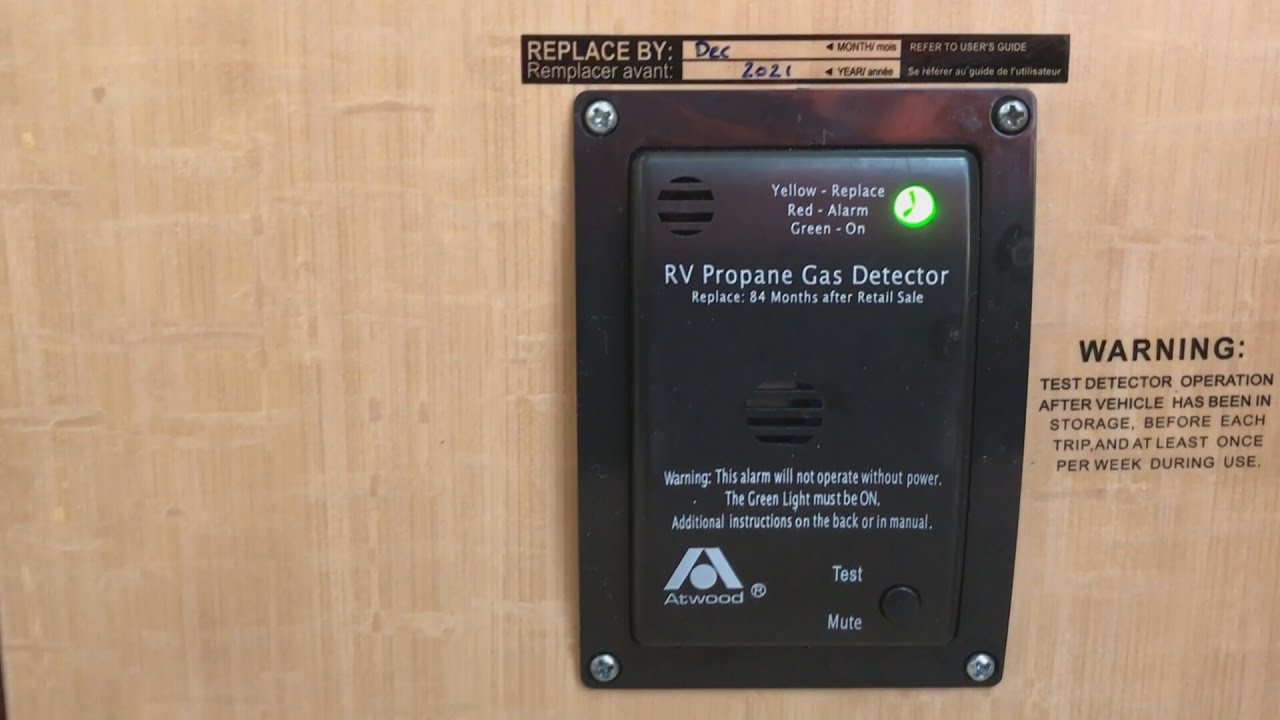
The smoke alarm
For most of the time, propane detectors would warn you about a leak before you can actually smell it. Nonetheless, when the detectors go off, you should keep your composure and attempt to ascertain the reliability of the alarm. Go around the interior and see if you could detect a rotten egg odor anywhere inside the RV. If you unable to spot a leak, there is a chance that the beeping alarm you are hearing is from the smoke detector. The alarm sound of smoke detectors is not exactly similar to propane detectors but mistakes could happen, especially if you are in a panic.
The propane leak
Once you have eliminated all the possibilities above, there is only one thing left: You have a propane leak somewhere in your RV. In most of the case, the leak should be located in one of the connections and there is a method to find it. When your RV propane detector keeps going off, mix up a soap – water solution and apply it along the connection then wait for a second or two. After a short time, you would see a lot of bubble at a certain spot and that is the collation of the leak. Clean the connection, tighten it with a wrench and then re-apply the solution again. If the bubbling persists, you should bring your RV to a workshop and let the professionals take over.
Replacing and installing an RV propane detector
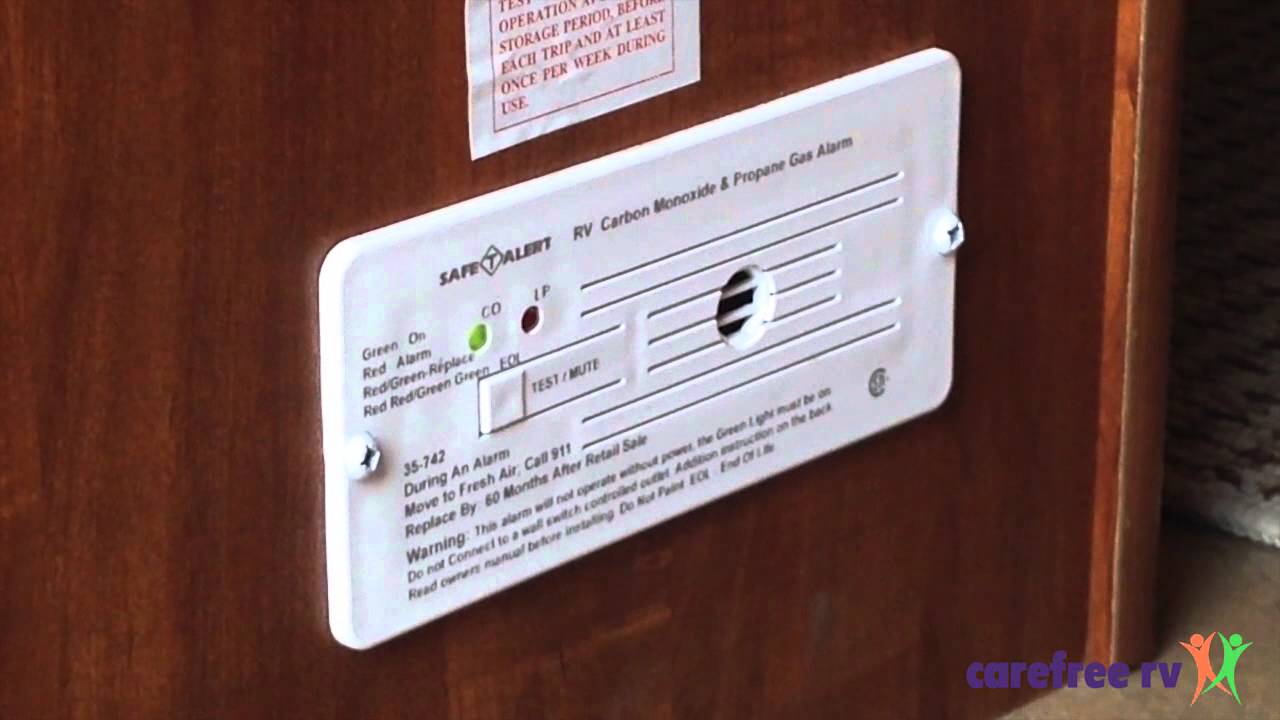
What model to get and where to put it
It’s recommended that you should grab a dependable dual detector with the ability to shut down the propane system without human input. Devices in this category are more expensive compared to classic products but it offers you peace of mind when you are in your RV. Because the detector would cut off the propane supply when there is a leak, the risk of propane built up and explosion is greatly reduced. Beside propane leak, dual detectors could detect Carbon Monoxide as well so you pretty much buy one for two. Similar to other purchases, make sure that you have a firm understanding of the products you like before you bring it to the counter.
For the installation, you could reuse the spot of your original detector or pick a new one, it’s entirely up to you. However, you must ensure that the propane detector is located within 6 inches of the floor to achieve optimal working condition. When there is a leak, propane would fall right down to the floor and accumulate in the lowest section of your recreational vehicle. Therefore, you should place the detector as close to the floor as physically possible. That is how you could make sure that the device would warn you about propane built up in a timely manner.
>>> Click to find more RV Camping tips on OutdoorFact.com
How to install a new propane detector
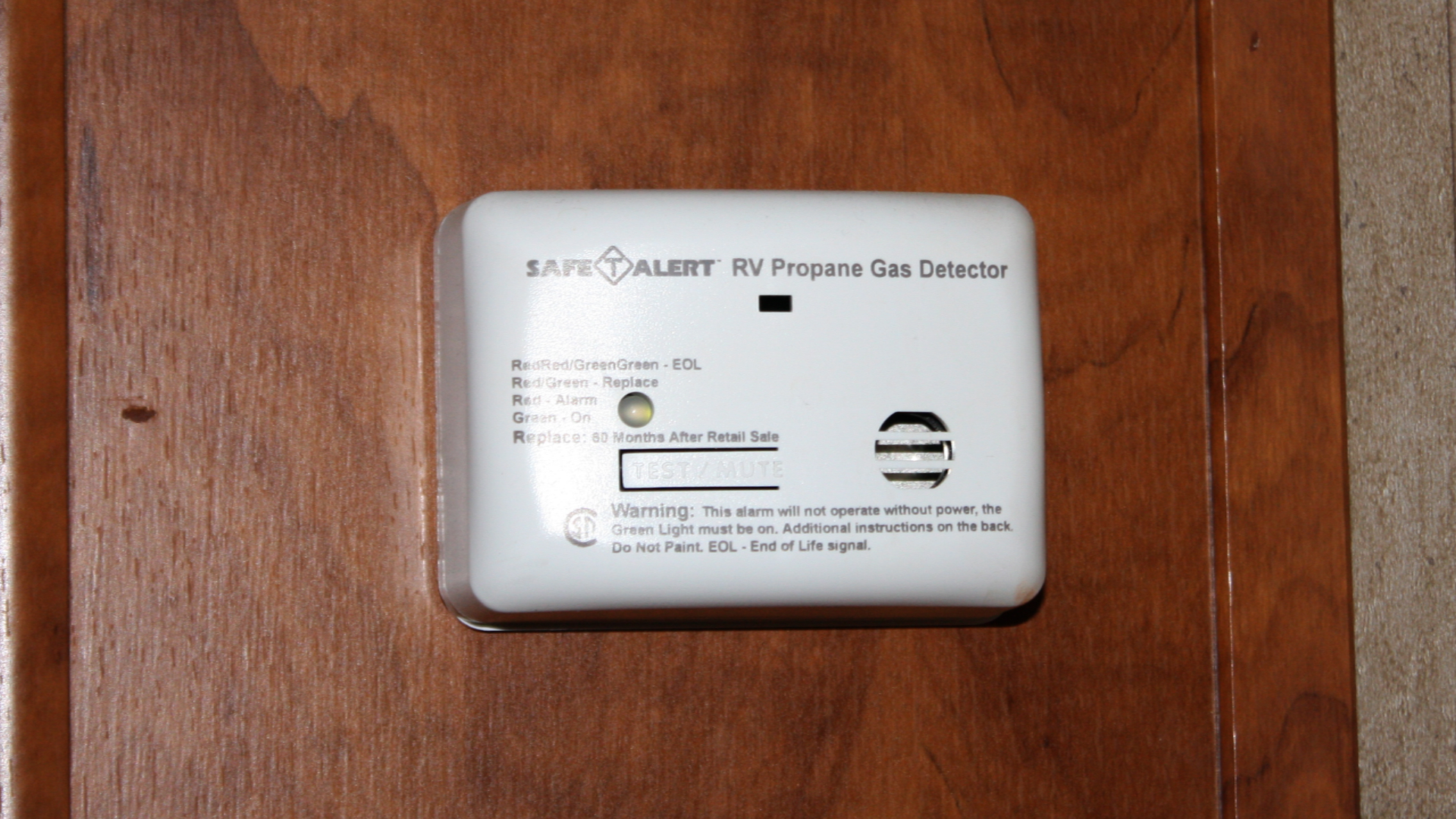
Step 1: Cut off the power to the detector
You are most likely using a DC circuit so you could cut the power by removing a fuse. Everything should be clearly marked so just check out the fuses label carefully and you could find the right one. Don’t remove the fuse in order to put a stop to the beeping alarm though since it’s very a dangerous practice. Whenever you feel that the detector alarms are no longer credible, you must replace the entire device instead of shutting it down.
Step 2: Remove the old detector and deal with the wiring
Unscrew the plate and you would see a couple of wires that are currently connecting to your old detector, you have to cut them all. The next thing you should do is to remove some exterior cover at the end of the wires. After that, connect the new detector with the exposed wires, do remember to match up the color. To achieve secure connections, you could use several Crimp Cap nylon connectors.
Step 3: Attach the new detector and test it out
In the case the new detector is a model similar to your old device, it’ should fit in easily. Tighten the screw to secure the detector and then replace the fuse to power up your new machine. To make sure that it’s fully operational, press the detector test button a couple of time until you see a green light indicating that all is good.
Conclusion
And that is pretty much everything you should know about propane detectors and their beeping issue. It’s indeed quite annoying to see your RV propane detector keeps going off and you don’t know what is causing it. But with the help of the troubleshooting guide above, you should be able to locate the problem get rid of it in no time.
Last Updated on May 12, 2018

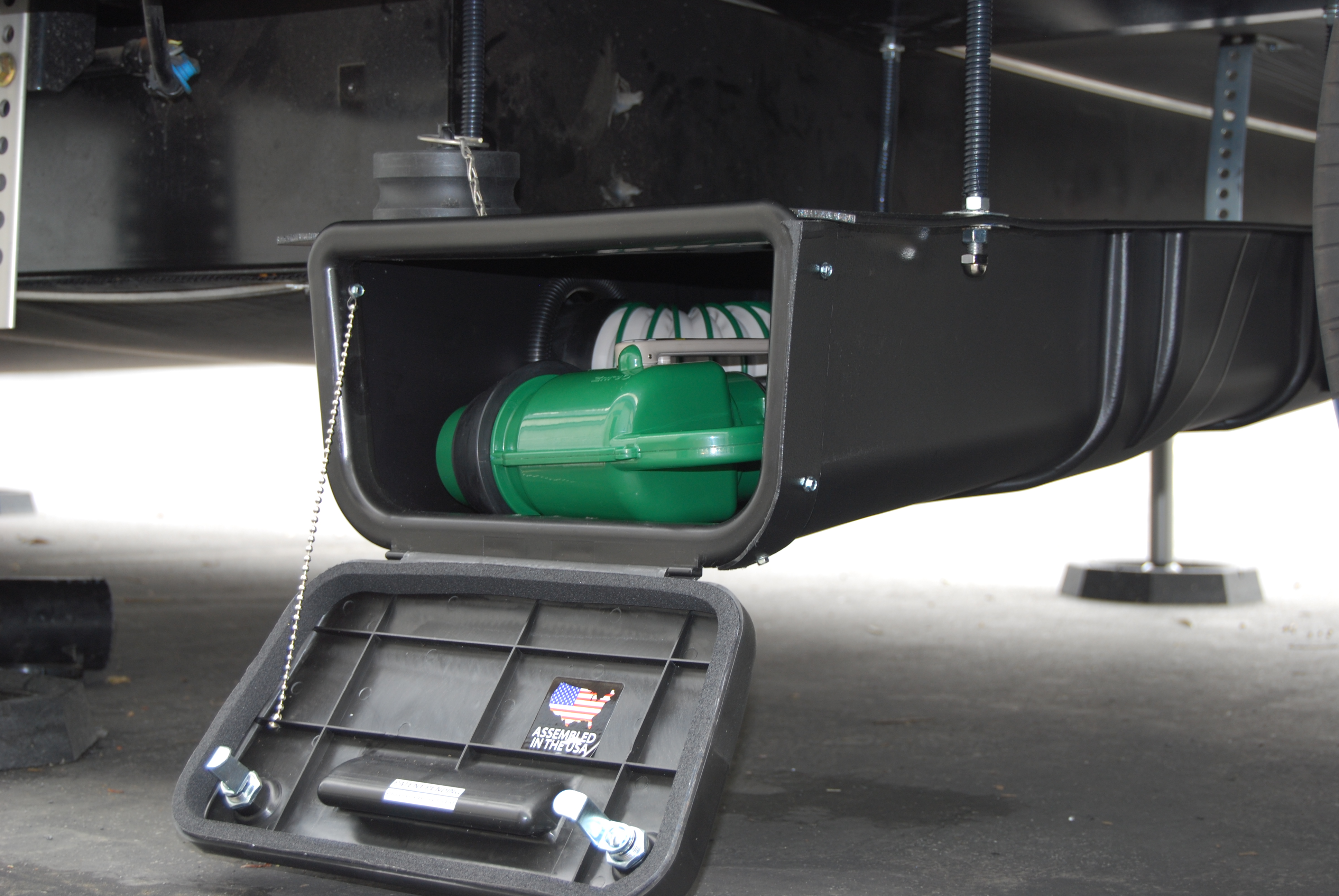

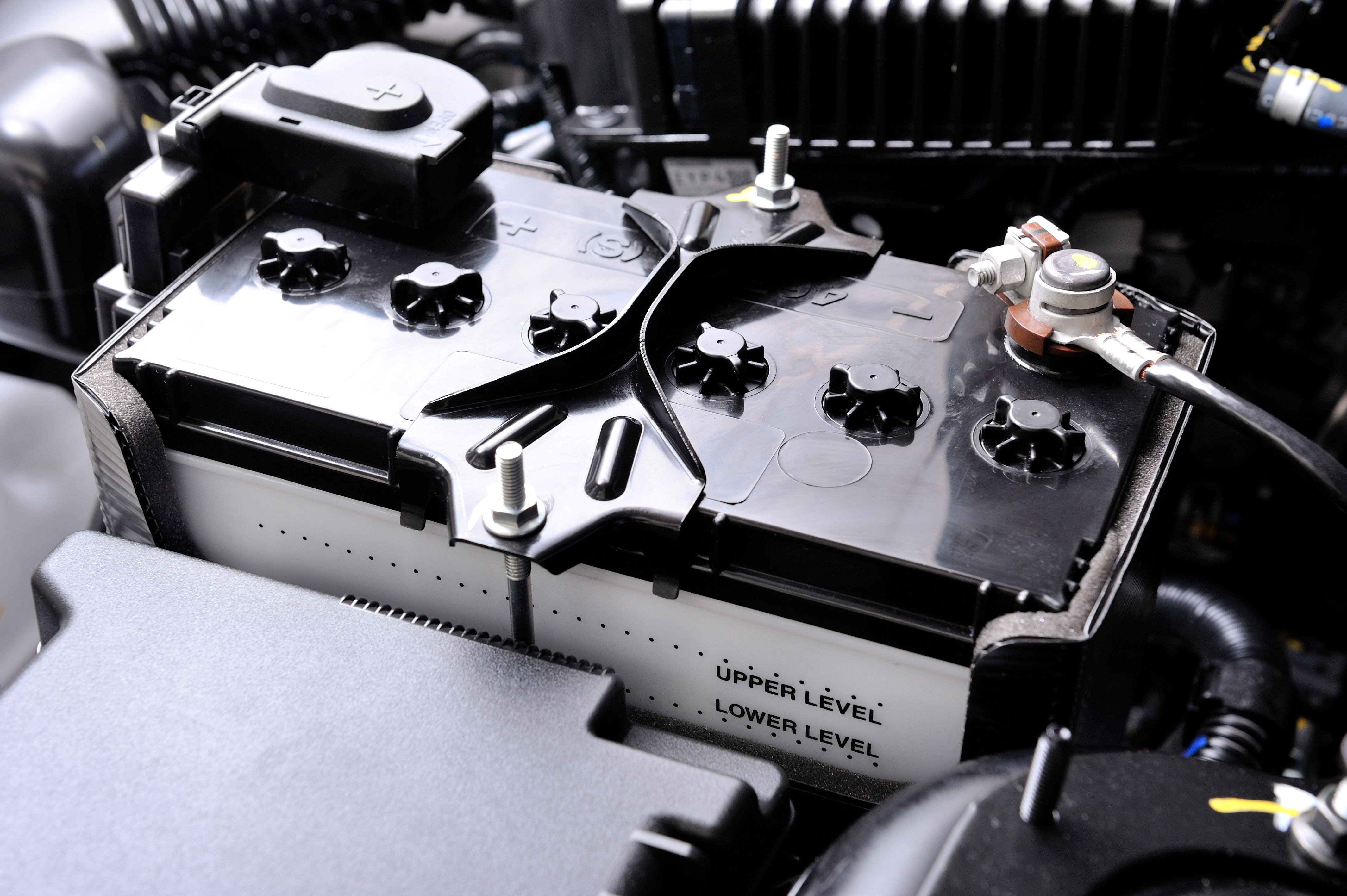

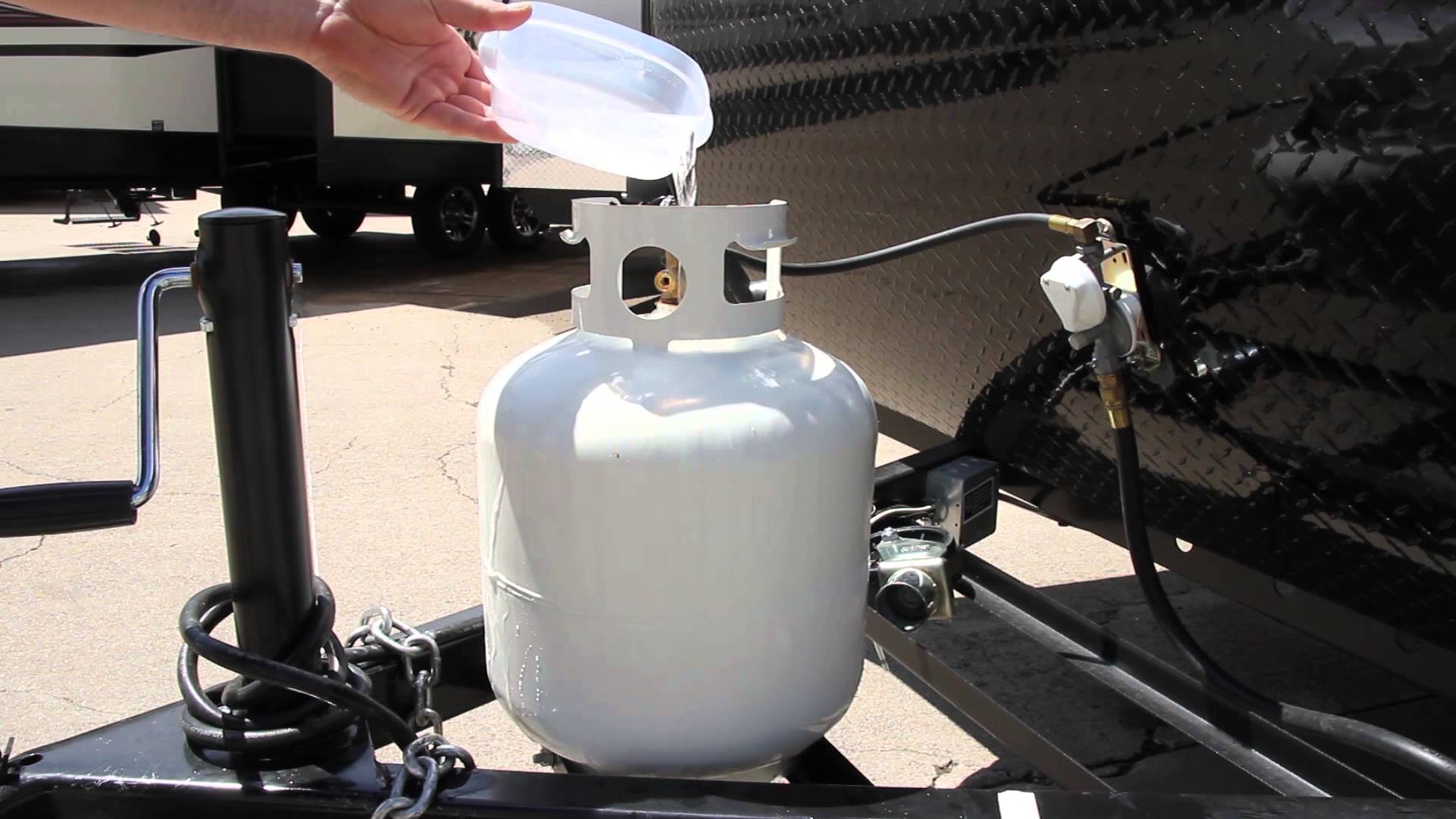
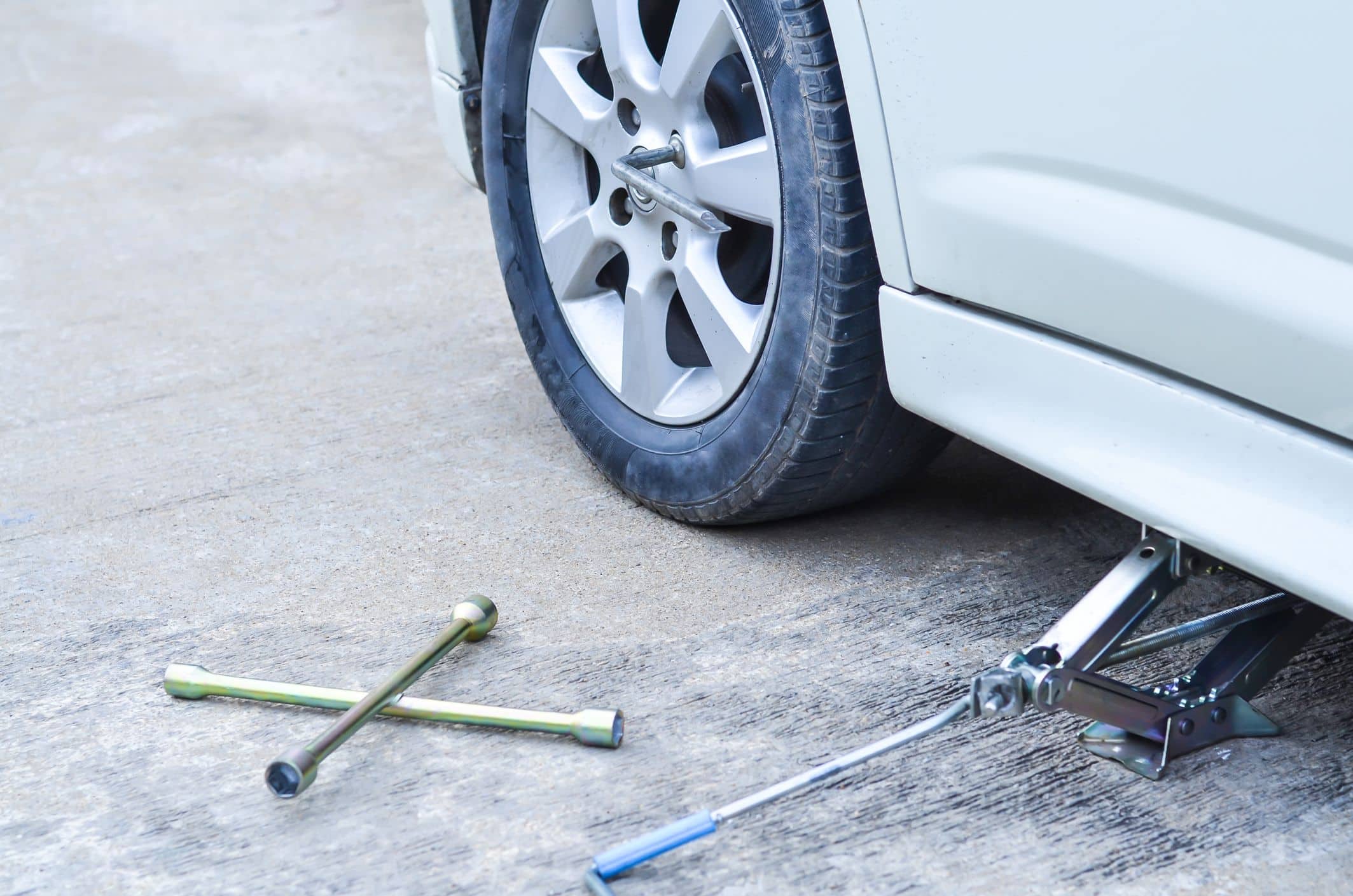
What was missing is a gas detector that sets off a loud screeching noise like smoke detector. They are mandatory in first world countries. I had gas at my Miami condo and it was required to have a detector. It’s important safety equipment. CNG powered trucks are required to have them too so the driver doesn’t get gassed while driving. Remember, this happened in Mexico.
Didn’t see this on your list:
Ours was ‘chirping’ every 40 seconds and the fault light on. But as I was looking up info online, my husband decided to unplug it, since it was after 11pm – when he noticed there was dust on the box vent, so he gave it a blow, and, voila! the fault light went Off!
Thank you, Jesus!
Someone please help this propane alarm will not stop I’ve tried everything and can find no leak!! The gas was working and all of a sudden stopped! Gnight it was an empty tank, but the tank wasn’t completely empty now morning works!! And this dang alarm is driving me crazy! Please help!!